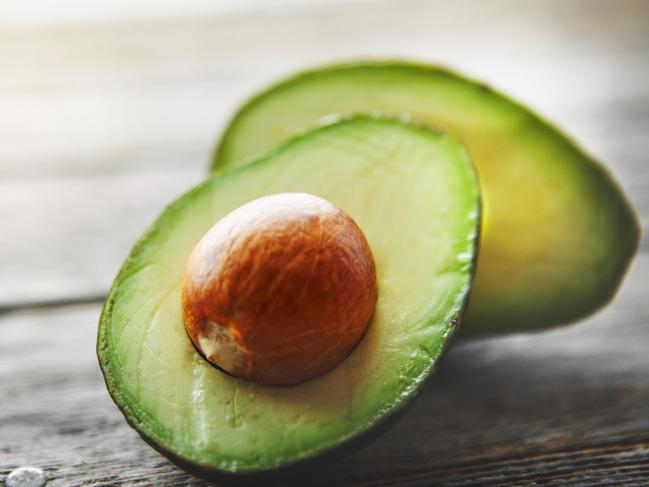Just two days eating these foods can cause ‘hidden’ gut damage
Just two days of this type of diet is enough to start causing “hidden” damage to our gut health. But the good news is it can be changed through eating these foods.

Nutrition
Don't miss out on the headlines from Nutrition. Followed categories will be added to My News.
Just two days of a fatty, processed-food diet is enough to start causing “hidden” damage to our gut health, “surprising” new research suggests.
Melbourne scientists found eating just a few meals consistently high in saturated fats triggered “silent” inflammation in the body, well before any physical symptoms – like weight gain – appear.
The WEHI team believes a “build up” of these silent changes may play a role in chronic inflammatory illnesses that emerge years later.
But, in positive news, they also discovered just a few days of consistently eating meals high in “good” fats triggered positive “hidden” changes and boosted the body’s inflammation fighting abilities.

While saturated fats – found in like animals fats, palm oil and common in highly processed foods – have never been held up as healthy, the researchers were shocked to find only a handful of meals caused microscopic changes.
WEHI laboratory head Professor Stephen Nutt said our gut needed to maintain a delicate balance of microorganisms to ensure healthy function, but high-fat diets upset this balance.
“The changes happen quickly, long before you ever know there’s a problem,” he said.
Senior author Dr Cyril Seillet said their preclinical study was a “significant breakthrough” and shows “every meal we consume actively shapes our gut health”.
“The more saturated fats we eat, the more inflammation that builds up,” he said.
“But this inflammation build up is initially silent, remaining hidden in our bodies until years later, where it can present as chronic inflammation.”
About a third of Australians have a chronic inflammatory disease — such as inflammatory bowel disease, coeliac disease and rheumatoid arthritis — but how the inflammation arises, and then causes disease, has remained largely unknown.
The new study, published in the Cell Press journal Immunity, showed short-term exposure to high-fat diets triggered inflammation in mice — and also reduced their bodies’ ability to fight it.

First author Le Xiong likened it to the “double hit” on the gut barrier, and said exposure to fat reduced the production of a “critically important” protein called IL-22.
“Without it, the gut loses its ability to prevent inflammation,” he said.
But, on the flip-side, eating foods high in unsaturated fats — found in foods like nuts and avocadoes — boosted the protein’s production, strengthening our gut protection.
Dr Seillet said they believed the findings of the mice trials translated to people, because they also tested mouse and human cells in a laboratory and found they responded similarly to saturated fatty acids.
Their findings did not mean occasional fatty meals — spread out across a healthy diet —, were inflammatory and they measured the impact of eating consecutive meals of fatty, processed foods, he added.
Prof Nuttsaid they hoped their findings could be adopted into dietary guidelines, encouraging people to eat less saturated fats and more unsaturated fats.
“It’s a small cost change that can really, I think, can start to give very quick, rapid benefits,” he said.
“The problem for the average person is that a lot of these fats are hidden in the diet.”
He said, while people could of course check food’s nutrition content, a simple way to manage intake was to eat less processed food.
“Palm oil, which is one of the worst saturated fats, is in a lot of processed foods,” he said.
“So I think making your own food, using unsaturated fats in the cooking, would be something you can directly control.”
Originally published as Just two days eating these foods can cause ‘hidden’ gut damage


